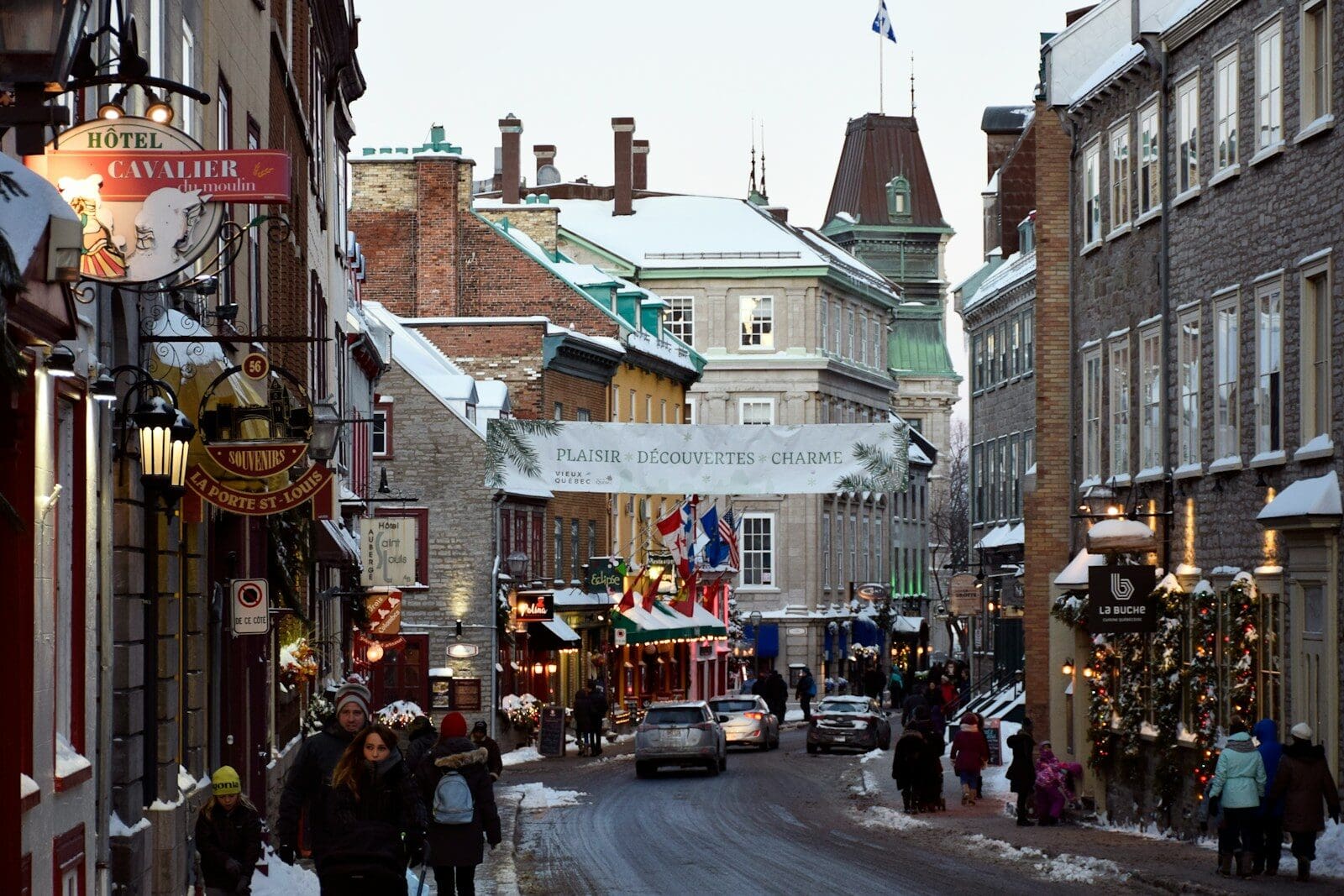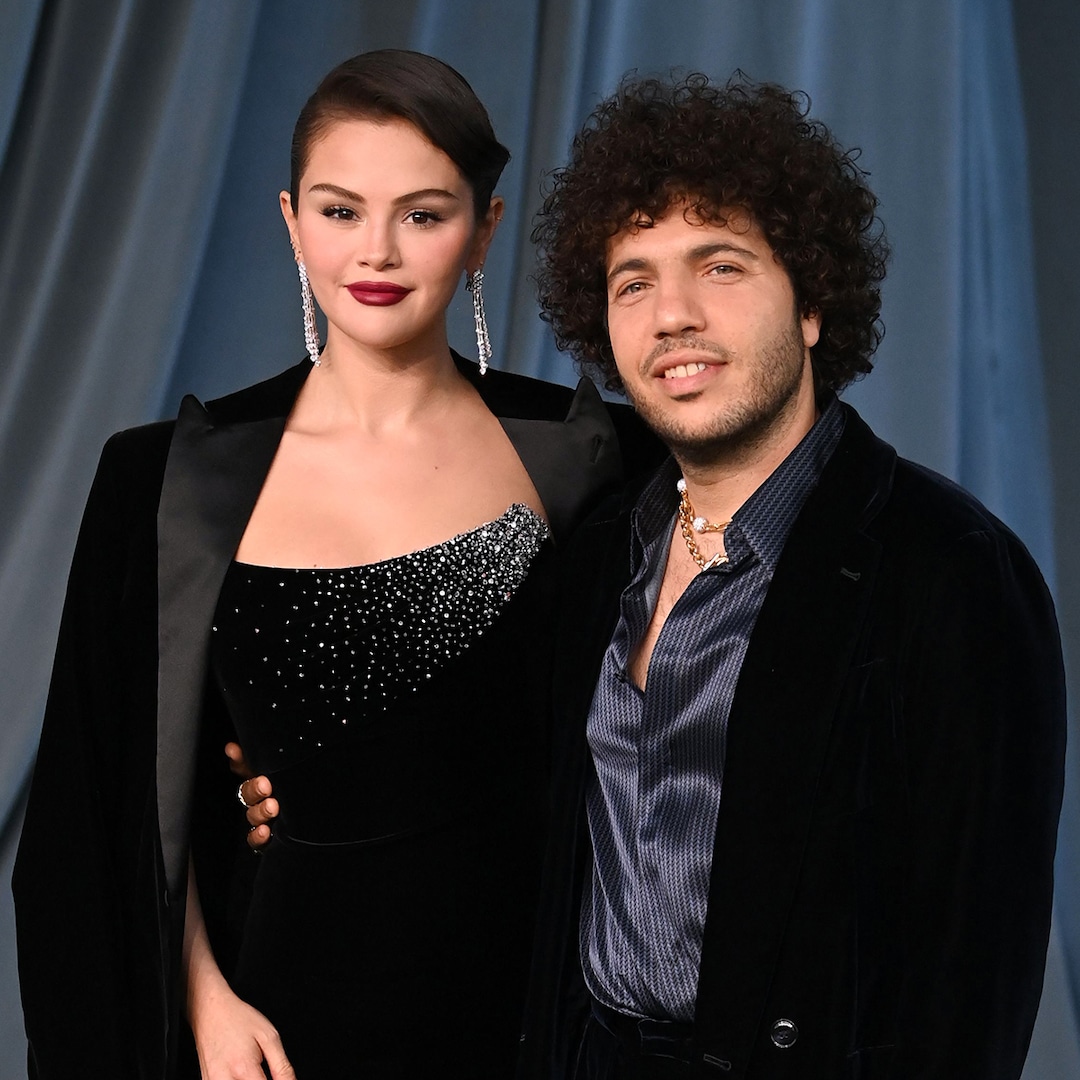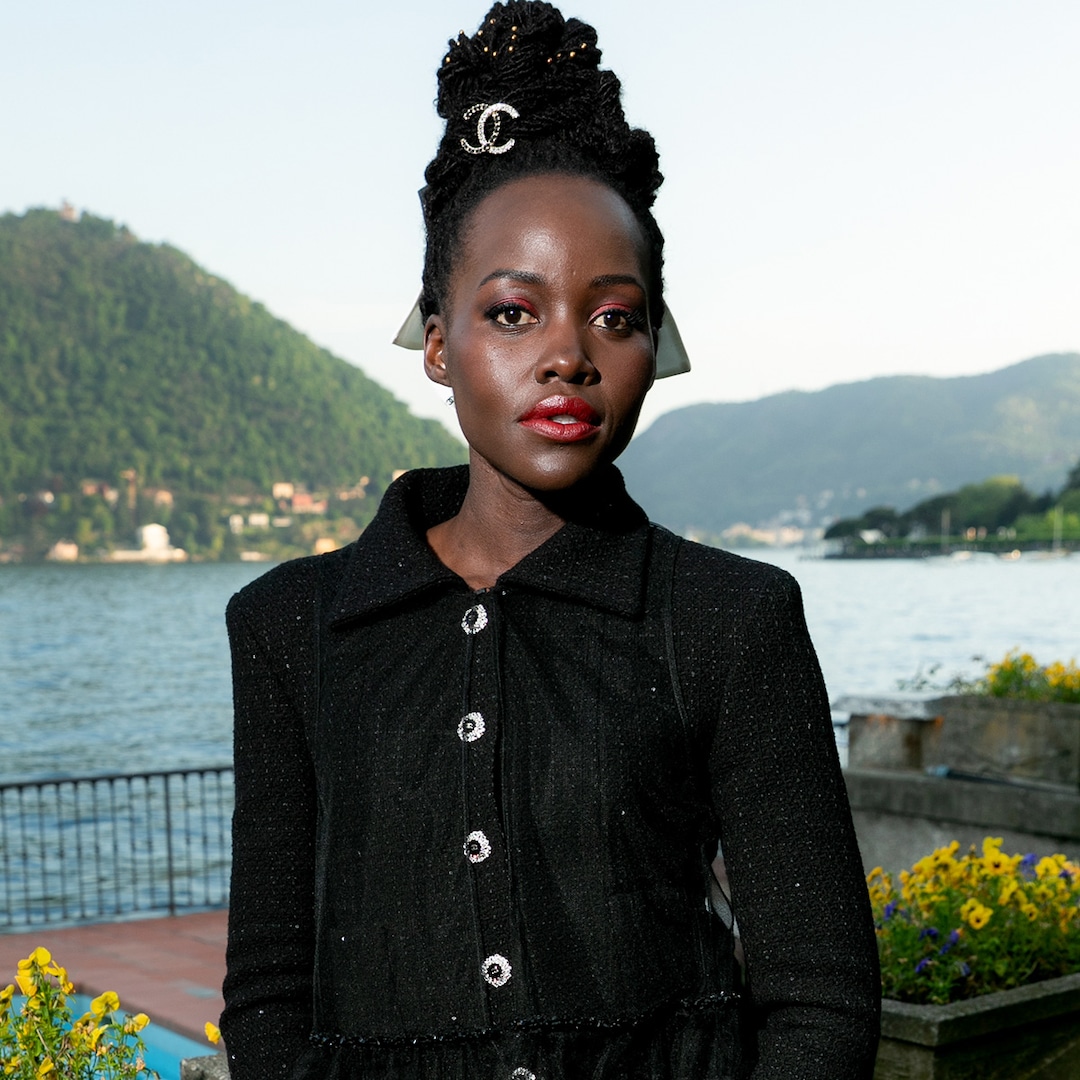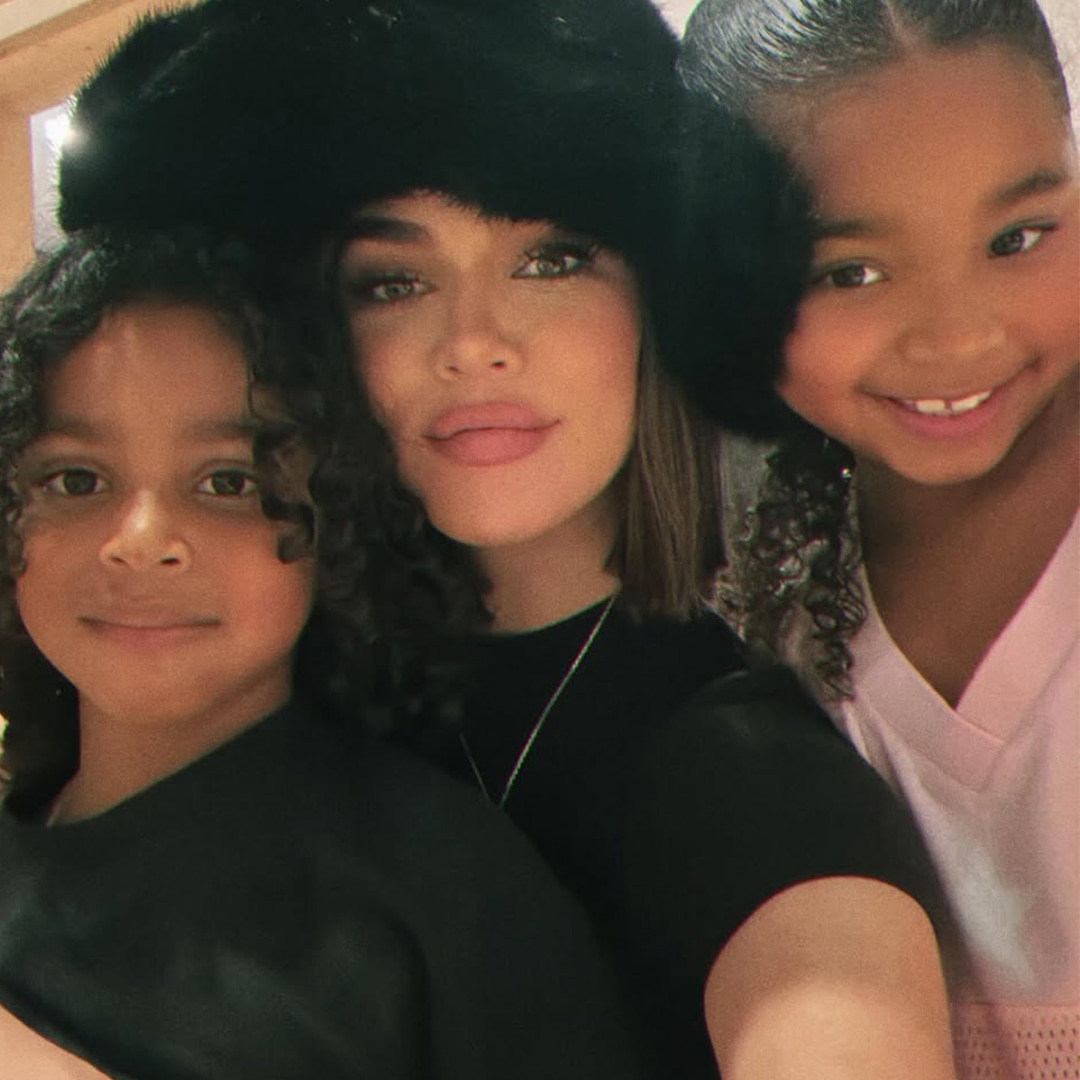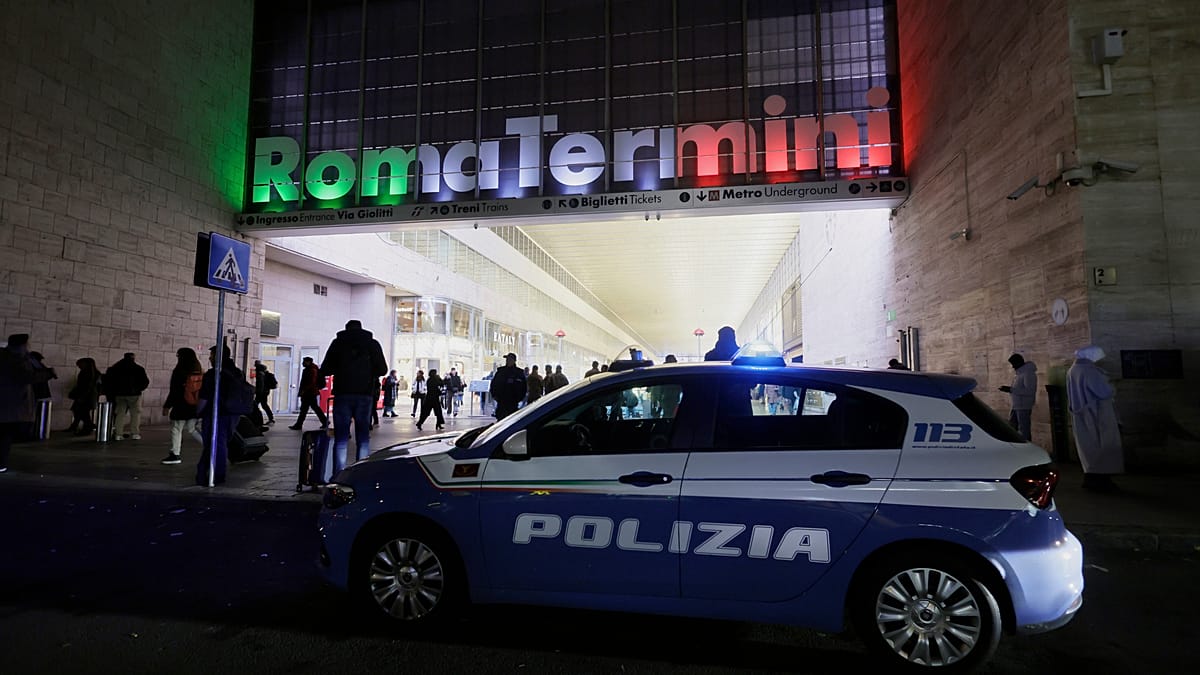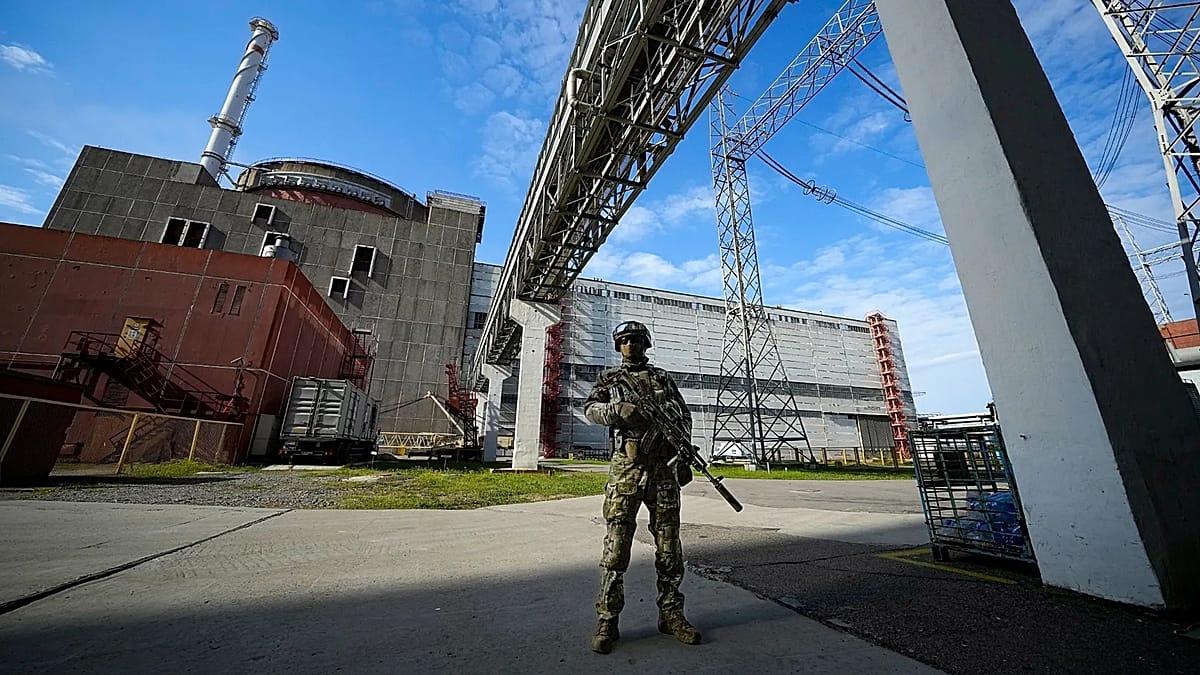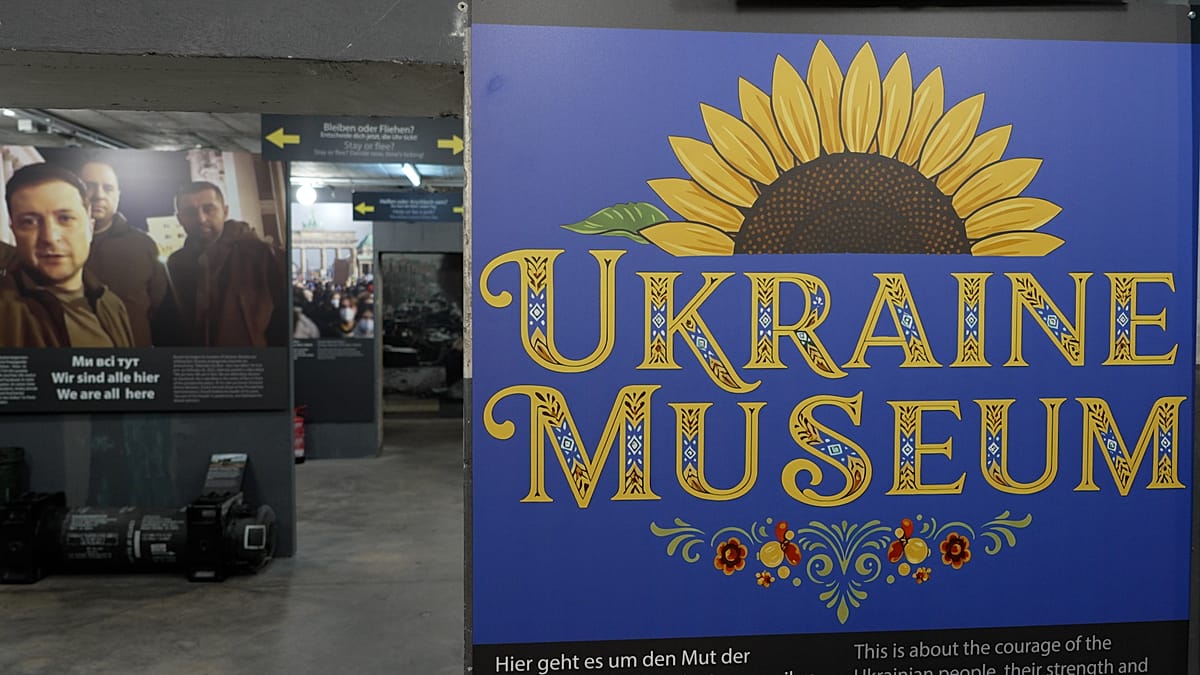Black Rabbit review: Jude Law and Jason Batemans crime thriller is no trip to Wonderland


It's fitting that the title of Netflix's miniseries Black Rabbit conjures up a dark twist on Alice in Wonderland. Like Alice's harried guide into Wonderland, Black Rabbit serves as a gateway to a hidden world itself, although it's not one that anyone would describe as wonderful.
Instead, the series invites viewers deep into the seedy underbelly of New York, where you'll find more criminals than you will Cheshire Cats or Mad Hatters. Still, the way Black Rabbit sees it, anyone who enters this world must be a little mad — especially brothers Jake and Vince Friedken (Jude Law and Jason Bateman). The pair are experts at digging costly holes for themselves, and Black Rabbit follows their increasingly desperate attempts to climb out of their mistakes. But what should be a propulsive crime thriller never quite gels, and that starts with Black Rabbit's aggravating structure.
Black Rabbit opens with a tired TV trope.

Black Rabbit kicks off with one of the most aggravating tricks in the TV book: an in medias res opening that drops us right in the thick of the action, then rewinds the clock to show how the characters got to that to the point.
There's no doubt the move can be executed well, with shows like Breaking Bad and Severance offering up thrilling, discombobulating opening scenes that immediately immerse us in their worlds. But more often than not, these beginnings are a tired way to hook the audience with the promise of payoff — a choice that sometimes reads as the show not having faith in its chronological starting point. Such is the case with Black Rabbit.
The show begins at a party at the Black Rabbit, Jake's ultra-cool Manhattan restaurant and VIP lounge nestled right in the shadow of the Brooklyn Bridge. Drinks are flowing and spirits are high, until two masked men crash the party and rob the Black Rabbit's guests at gunpoint. From there, we flash back to one month earlier. Jake is hoping to open a new high-end restaurant in Midtown with the help of chef Roxie (Amaka Okafor) and designer Estelle (Cleopatra Coleman). However, his plans go off the rails when his estranged brother Vince arrives back in New York.
Vince owes serious money to some serious gangsters, led by Joe Mancuso (Academy Award winner Troy Kotsur, CODA). Meanwhile, Jake has to rustle up enough money for his new restaurant venture. You can see where this is going: rising debts, owing favors to the wrong people, and a series of choices so mind-bogglingly destructive, you'll get a headache from all the disapproving head-shaking you'll be doing.
All this ties into the initial robbery in an unfortunately predictable way, to the point that when you return to the opening scene, the additional context doesn't do much to paint the robbery in a bold new light. The road to get there is overloaded as well, tying in a troubling sexual assault plot involving bartender Anna (Abbey Lee); the rocky relationship woes of Estelle and her boyfriend Wes (Ṣọpẹ́ Dìrísù), who's also Jake's friend and the Black Rabbit co-owner; and Vince and Jake's disturbing (but again, predictable) family trauma. It's almost enough to smother the show's spark: the relationship between Jake and Vince.
Jude Law and Jason Bateman are a great pair in Black Rabbit.

Black Rabbit is at its best when it dials in on the relationship between Jake and Vince. As one character in their orbit puts it, both brothers are addicts. Vince is addicted to substances and gambling, while Jake is addicted to his brother. That's a potent recipe for codependency, leading the brothers to essentially jump in a pressure cooker of their own making, crank the heat as high as it can go, and lock the lid.
Bateman and Law bounce off each other wonderfully as Vince and Jake. Bateman's Vince is a slippery ball of energy, always hunting for a scheme that can improve his standing — or an escape route when said scheme inevitably goes wrong. As Jake, Law capably channels several contradictions. Jake is an encouraging leader of his Black Rabbit team, but his sleazy nightclub connections often wind up getting his employees hurt. He's vowed not to have anything to do with Vince, yet welcomes him back almost immediately.
The tensions between Jake and Vince crystallize most clearly in points of peril, like a blowout argument under the Brooklyn Bridge, or a mad dash car ride across New York City. The latter, which comes towards the end of Black Rabbit, is among the most thrilling and anxiety-inducing sequences of the series, which frequently draws inspiration from the Safdie brothers' nail-biters Good Time and Uncut Gems.
Black Rabbit's tightly paced action sequences are proof of what the show could have been with more rigid timing constraints. (Episodes tend to run over an hour, but they certainly don't need to.) They're claustrophobic tears through a gritty underworld that force Jake and Vince to confront the gnarled ties that bind them. But with such a bloated journey to get there, is it really worth following this screwed-up pair down the rabbit hole?





